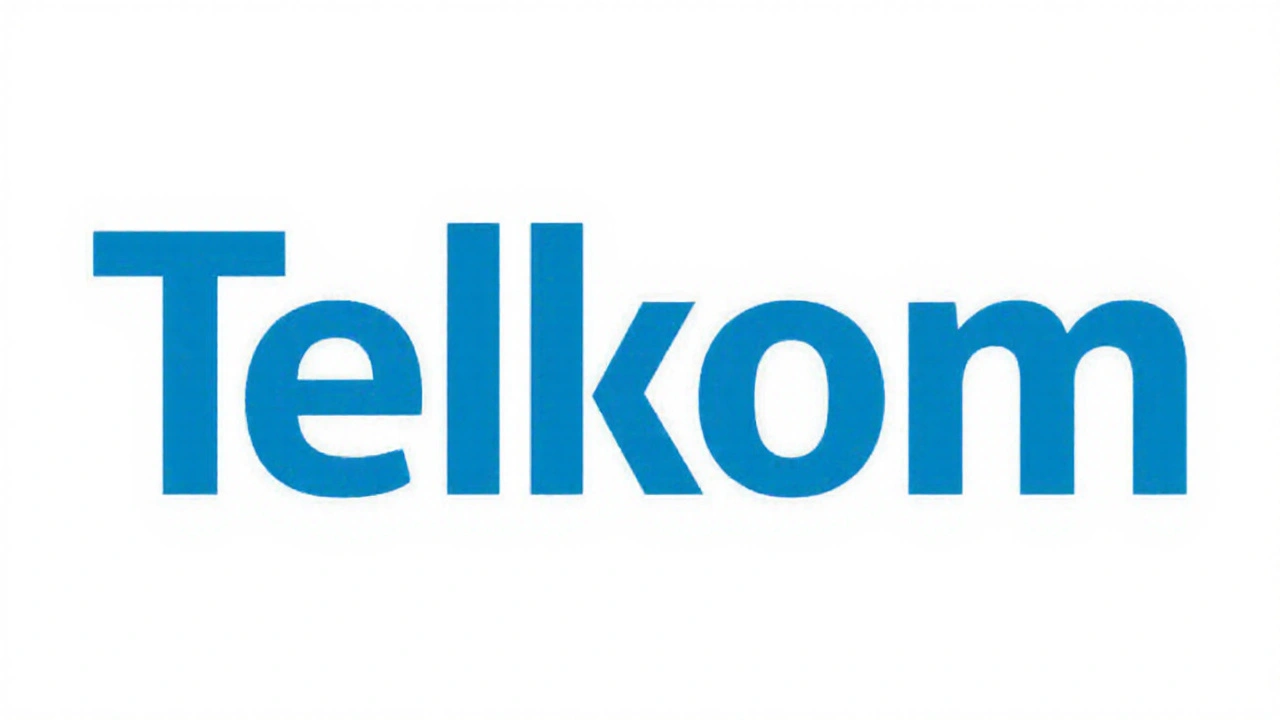If you’ve ever wondered why your TV signal drops or why certain radio stations play ads at specific times, the answer often lies with ICASA – the Independent Communications Authority of South Africa. In plain terms, ICASA sets the rules for everything that uses the airwaves, from mobile phones to TV channels. This page breaks down the most important parts of those rules, so you can understand what’s happening behind the scenes and why it matters to you.
First off, ICASA isn’t just a bureaucratic body; it’s the watchdog that makes sure the airwaves stay fair, safe, and reliable. Think of it as a traffic cop for radio frequencies and spectrum. Without clear guidelines, companies could overload the system, and consumers would face poor service, higher prices, or even illegal broadcasts. The authority also protects listeners from harmful content and ensures that emergency alerts reach everyone on time.
ICASA’s regulation covers several core areas. The first is spectrum management. This is the allocation of specific frequency bands to mobile operators, broadcasters, and other users. By assigning blocks of spectrum, ICASA prevents interference that would otherwise make calls drop or TV pictures freeze.
Second, there’s licensing and compliance. Every broadcaster or telecom provider must hold a licence that spells out what they can and cannot do. Licences include conditions about content, advertising limits, and technical standards. If a station breaches its licence, ICASA can fine, suspend, or even revoke it.
Third, consumer protection is a big focus. The authority sets rules on price transparency, service quality, and dispute resolution. For example, telecom companies must give clear information about data caps and fees, and they need to resolve complaints within a set timeframe.
Finally, ICASA enforces public interest obligations. This means that broadcasters must allocate a portion of airtime to local content, news, and educational programming. The goal is to reflect South Africa’s diverse culture and keep citizens informed about important issues.
Most people don’t notice ICASA’s work until something goes wrong – like a dropped call during a crucial moment or a news channel airing a controversial story without a warning. When the authority updates its rules, the changes ripple out to you in several ways.
For mobile users, tighter spectrum rules can mean faster, more reliable connections as operators get clearer frequencies to work with. It also means that new technologies, like 5G, are rolled out in a controlled manner, reducing the risk of interference with existing services.
TV and radio listeners benefit from content standards that keep programming suitable for all ages. If a station repeatedly breaks advertising limits, ICASA can step in, which helps keep ad overload in check and protects you from intrusive marketing.
Consumer rights get a boost when ICASA forces companies to be transparent about fees. You’ll see clearer bills and better support when you have a problem, because the authority holds providers accountable for meeting service level agreements.
Finally, the public interest rules encourage more South African stories on the screen. That’s why you see local dramas, music shows, and community news in prime slots – it’s not just a coincidence, it’s a requirement.
Staying informed about ICASA regulation doesn’t require a law degree. Keep an eye on announcements from the authority, especially when new licences are auctioned or when major policy reviews are launched. Those moments often bring changes that affect pricing, coverage, and the type of content you see daily.
In short, ICASA’s regulatory framework is the backbone of South Africa’s communications landscape. By managing spectrum, licensing operators, protecting consumers, and enforcing public interest, it helps keep the airwaves running smoothly for everyone. Understanding these basics gives you a clearer picture of why your phone works, why your favourite shows air when they do, and how you can raise a voice if something feels off. Stay curious, stay informed, and you’ll get the most out of the services that rely on those invisible radio waves.
